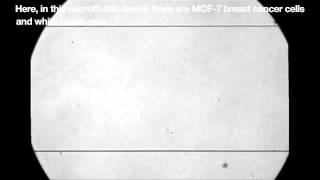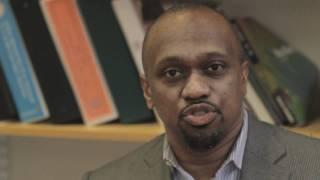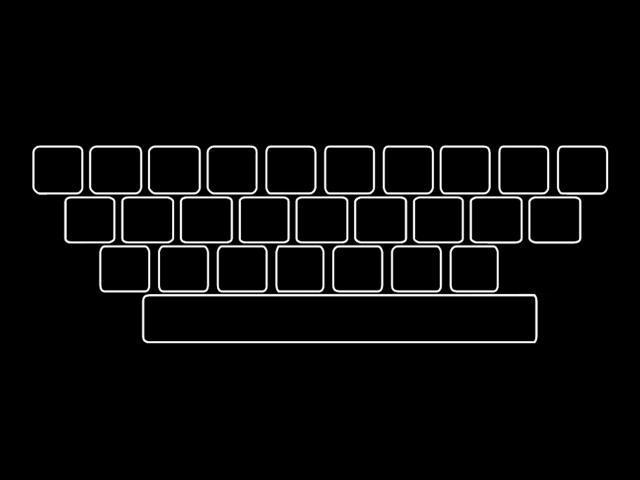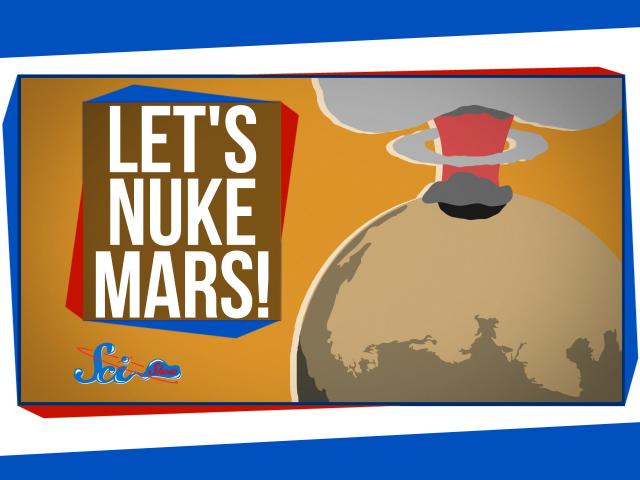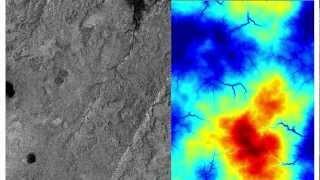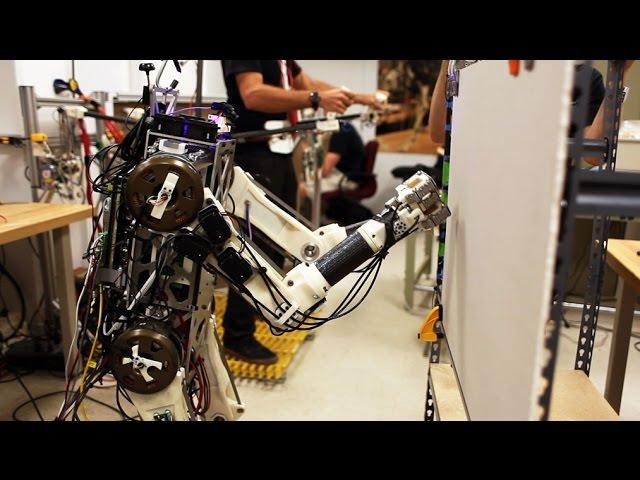Time Travel, Teleportation & Science
Time travel is the concept of moving between different points in time in a manner analogous to moving between different points in space, generally using a theoretical invention, namely a time machine. It has a commonly recognized place in philosophy and fiction, but has a very limited application in real world physics, such as in quantum mechanics or wormholes.
Although the 1895 novel The Time Machine by H. G. Wells was instrumental in moving the concept of time travel to the forefront of the public imagination, The Clock That Went Backward by Edward Page Mitchell was published in 1881 and involves a clock that allowed three men to travel backwards in time.[1][2] Non-technological forms of time travel had appeared in a number of earlier stories such as Charles Dickens' A Christmas Carol. Historically, the concept dates back to the early mythologies of Hinduism (such as the Mahabharata), Buddhism, and Islam through ancient folk tales. More recently, with advancing technology and a greater scientific understanding of the universe, the plausibility of time travel has been explored in greater detail by science fiction writers, philosophers, and physicists.
Teleportation, or Teletransportation, is the theoretical transfer of matter or energy from one point to another without traversing the physical space between them. It has a commonly recognized place in science fiction literature, film, and television, but as yet has a very limited application in real world physics, such as quantum teleportation or the study of wormholes.
Science (from Latin scientia, meaning "knowledge") is a systematic enterprise that builds and organizes knowledge in the form of testable explanations and predictions about the universe. In an older and closely related meaning, "science" also refers to a body of knowledge itself, of the type that can be rationally explained and reliably applied. A practitioner of science is known as a scientist.
In modern usage, "science" most often refers to a way of pursuing knowledge, not only the knowledge itself. It is also often restricted to those branches of study that seek to explain the phenomena of the material universe.
Source : Wikipedia
-
04:18
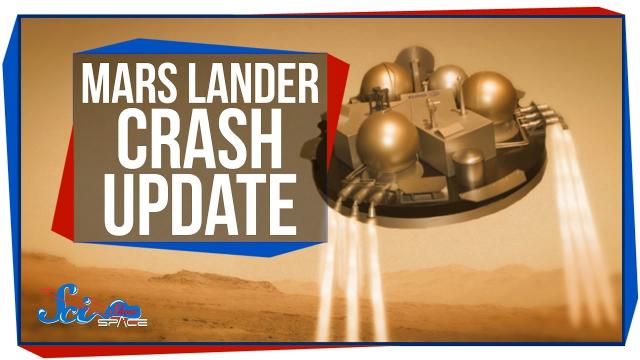
Mars Lander Crash Update: Mystery Solved!
Added 746 Views / 0 LikesMars Lander Crash Update: Mystery Solved!
-
02:12
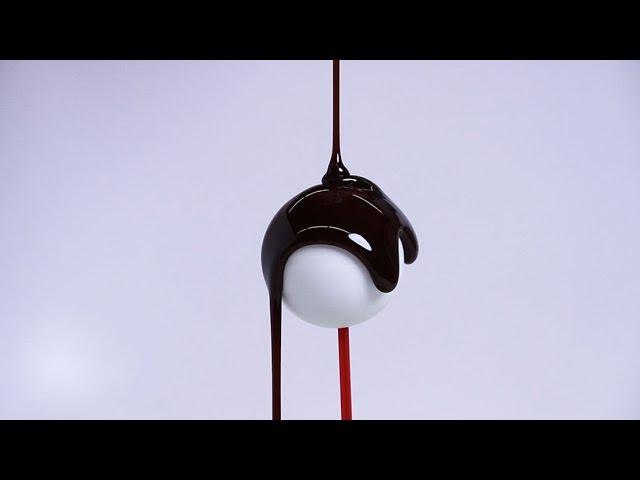
Chocolate-inspired theory predicts thickness of coatings
Added 746 Views / 0 LikesChocolate-inspired theory predicts thickness of coatings
-
05:34
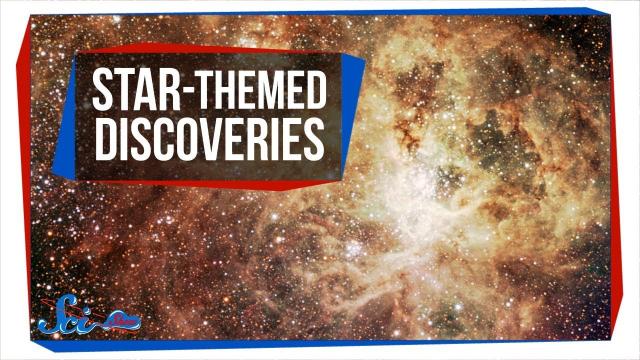
Fast Radio Bursts: Mystery Solved?
Added 746 Views / 0 LikesFast Radio Bursts: Mystery Solved?
-
01:37
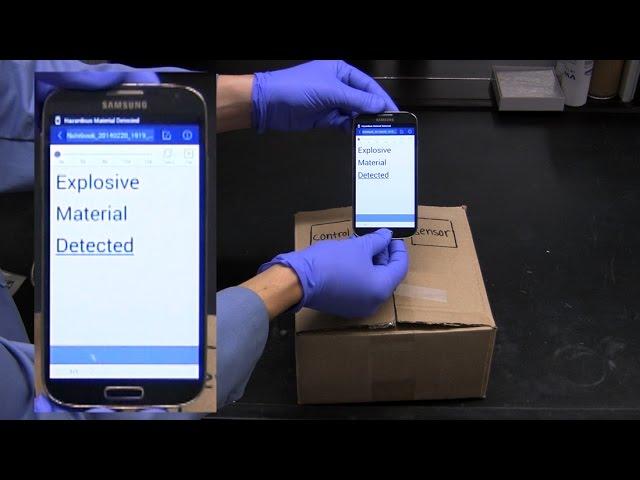
Detecting gases wirelessly with a smartphone
Added 745 Views / 0 LikesDetecting gases wirelessly with a smartphone
-
01:27
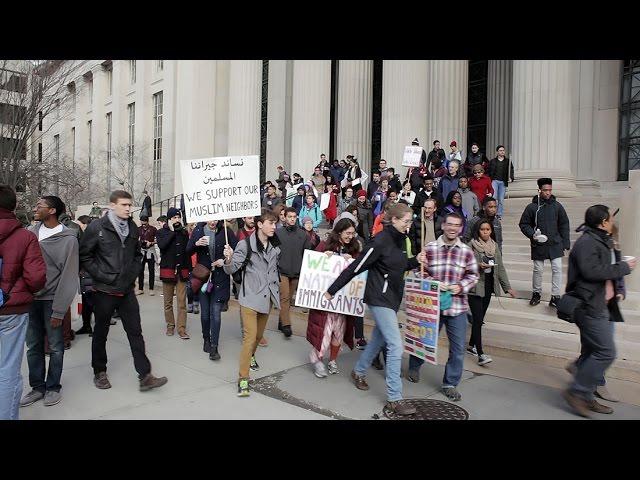
MIT community responds to Executive Order on immigration
Added 745 Views / 0 LikesMIT community responds to Executive Order on immigration
-
02:57

What is Could You Survive The Movies?
Added 745 Views / 0 LikesGo behind the scenes of the biggest video I’ve ever made! We’ll take a look at some of the awesome gear used in the creation of CYSTM?, like a camera rig mounted to an offroad vehicle! It’s an exciting preview of the size & scope of the inaugural Could Yo
-
14:12
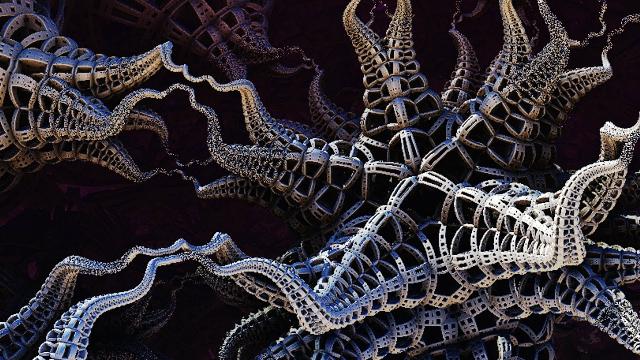
Time ft. Neil deGrasse Tyson
Added 744 Views / 0 LikesWatch me on StarTalk Radio: https://youtu.be/HgMNKhgMAukThe Curiosity Box: http://curiositybox.comtwitter: http://twitter.com/vsaucethreeinstagram: http://instagr.am/jakerawrfacebook: http://facebook.com/vsauce3Linear Timehttps://blogs.scientificamerican.
-
03:02
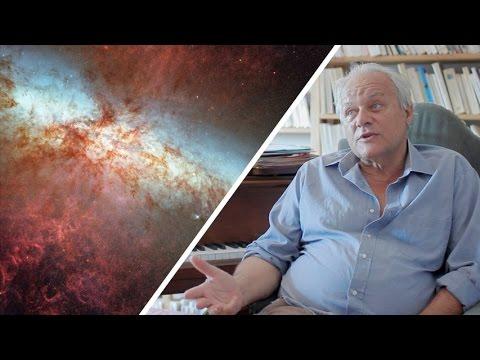
Interview : Quelle Est La Plus Grande Découverte Astronomique Des Dernières Années ?
Added 744 Views / 0 Likes -
02:52

AlphaGo: The First Computer Go Program To Beat A Human Go Player
Added 744 Views / 0 LikesAlphaGo: The First Computer Go Program To Beat A Human Go Player
-
03:48
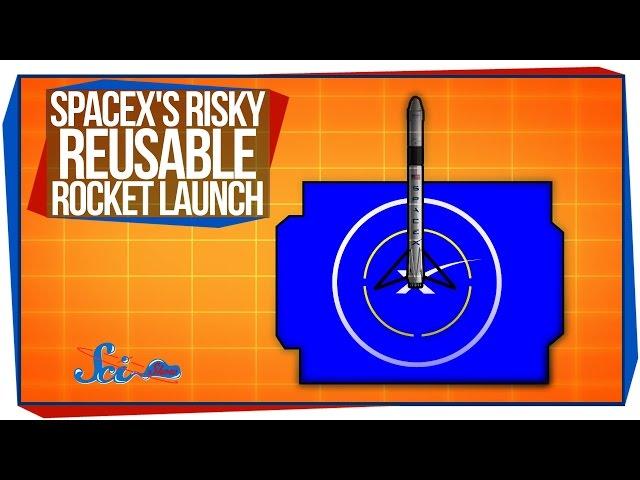
SpaceX's Risky Reusable Rocket Launch
Added 743 Views / 0 LikesSpaceX's Risky Reusable Rocket Launch
-
02:24

Sea sponge could be the first animal on Earth
Added 743 Views / 0 LikesSea sponge could be the first animal on Earth

